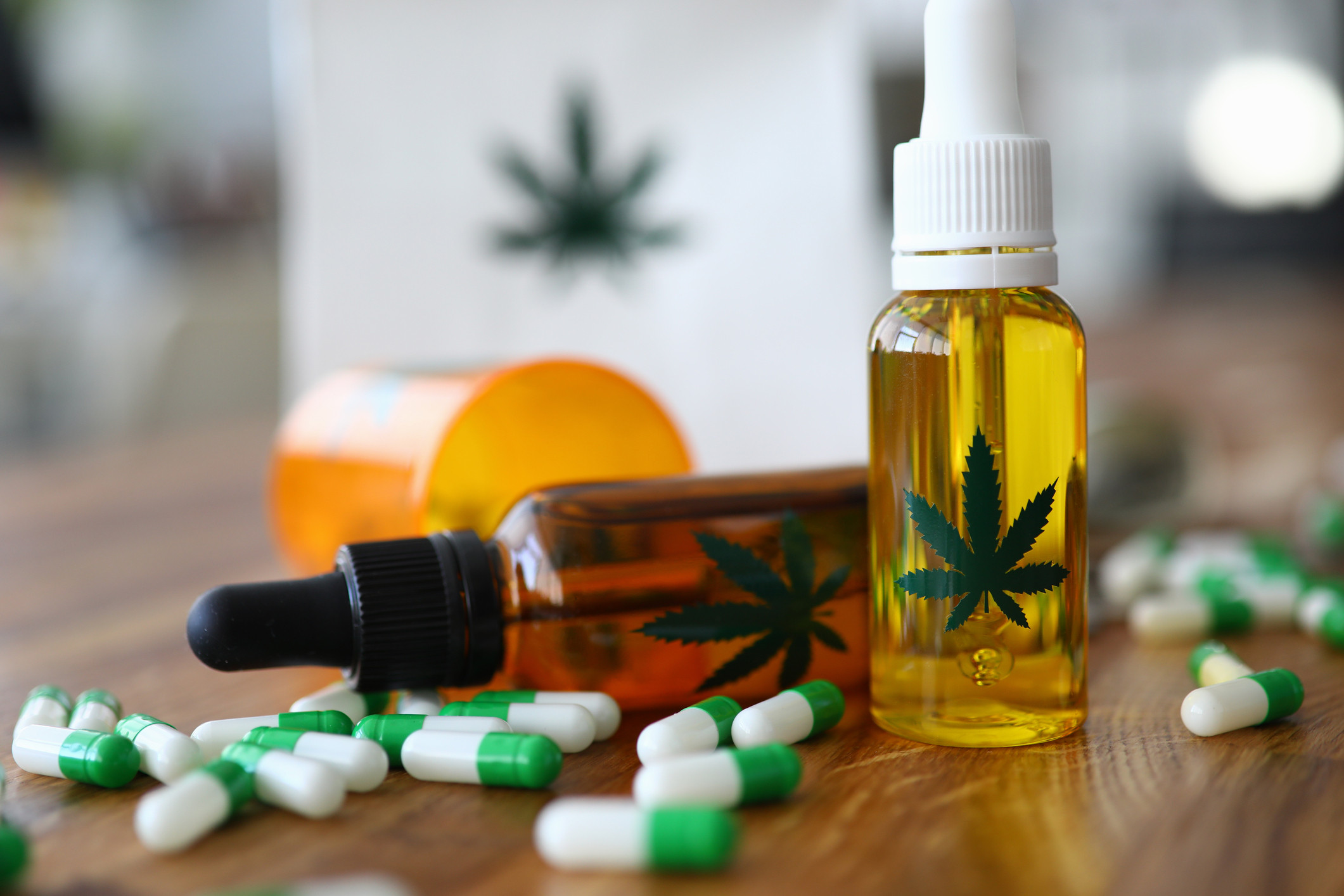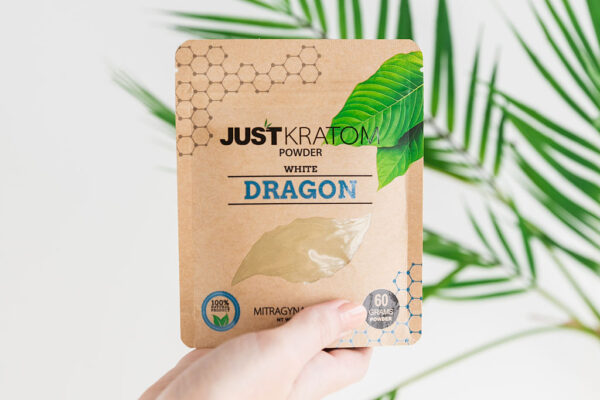Introduction
In recent years, CBD oil has gained significant attention for its potential role in managing anxiety and stress. As the world grapples with increasing stressors and mental health challenges, individuals are seeking natural remedies to alleviate their symptoms. Cannabidiol (CBD), a compound derived from the cannabis plant, has emerged as a promising option for anxiety relief. In this comprehensive guide, we will delve into the science behind CBD oil and its impact on anxiety, exploring its effects on the body’s intricate systems and shedding light on its potential benefits and considerations.
The Endocannabinoid System and Anxiety
Before delving into how CBD oil affects anxiety, it’s essential to understand the endocannabinoid system (ECS). The ECS is a complex network of receptors, enzymes, and endocannabinoids that plays a crucial role in maintaining homeostasis within the body. It regulates various processes such as mood, stress response, pain perception, and immune function. The two main types of receptors in the ECS are CB1 and CB2 receptors. CB1 receptors are primarily found in the brain and central nervous system, while CB2 receptors are predominantly located in immune cells and peripheral tissues.
CBD’s Mechanism of Action
CBD is a non-intoxicating compound that interacts with the ECS, although its exact mechanisms are still being studied. It is believed that CBD influences the ECS by indirectly affecting CB1 and CB2 receptors. Unlike tetrahydrocannabinol (THC), another prominent compound in cannabis, CBD does not bind strongly to these receptors. Instead, it modulates their activity and may increase the availability of endocannabinoids, the body’s natural neurotransmitters.
Furthermore, CBD interacts with various other receptor systems in the brain, such as serotonin receptors (5-HT1A). The serotonin system plays a significant role in mood regulation and anxiety management. By influencing these receptors, CBD could potentially have an impact on anxiety levels.
Scientific Evidence on CBD and Anxiety
While anecdotal reports have praised CBD’s potential for anxiety relief, scientific research is still in its early stages. Several preclinical and clinical studies have shown promising results, but more rigorous research is needed to fully understand CBD’s effects on anxiety.
A 2015 review published in the journal Neurotherapeutics discussed CBD’s potential as an anxiolytic (anxiety-reducing) compound. It highlighted the compound’s ability to reduce anxiety in animal models through interactions with serotonin receptors.
A 2019 study in the journal Frontiers in Psychology investigated the effects of CBD on individuals with social anxiety disorder (SAD). The researchers found that CBD significantly reduced anxiety levels and cognitive impairment in participants during a simulated public speaking test.
CBD Dosage and Administration
Determining the appropriate CBD dosage for anxiety management is a challenge due to factors such as individual differences, product variations, and the lack of standardized guidelines. It’s recommended to start with a low dose and gradually increase it until the desired effects are achieved.
CBD products come in various forms, including oil tinctures, capsules, edibles, and topical creams. The choice of administration method depends on personal preferences and the speed at which one wants to experience the effects. Sublingual administration (placing drops under the tongue) is often favored for its faster onset, while capsules provide a convenient and consistent dose.
Potential Benefits and Considerations
Benefits
- Anxiety Reduction: As mentioned earlier, CBD’s interaction with the ECS and serotonin receptors suggests potential anxiety-reducing effects.
- Non-Psychoactive: Unlike THC, CBD does not cause a “high,” making it a favorable option for those seeking relief without the associated intoxication.
- Few Side Effects: CBD is generally well-tolerated, with few reported side effects. Some individuals may experience dry mouth, drowsiness, or changes in appetite.
Considerations
- Quality and Regulation: The CBD market is largely unregulated, leading to variations in product quality and accuracy of labeling. Look for products tested by third-party laboratories for potency and purity.
- Interaction with Medications: CBD can interact with certain medications, particularly those metabolized by the liver’s cytochrome P450 enzymes. Consult a healthcare professional before using CBD alongside other medications.
- Individual Responses: CBD’s effects vary among individuals. What works for one person may not work the same way for another.
Conclusion
In the realm of anxiety management, CBD oil has garnered attention for its potential to offer a natural remedy without the psychoactive effects associated with THC. While the scientific evidence is promising, further research is needed to fully understand how CBD affects the body and its potential long-term effects. As interest in CBD grows, it’s crucial to make informed decisions, consult healthcare professionals, and prioritize product quality and safety. Whether CBD becomes a mainstream solution for anxiety or not, its emergence has sparked meaningful conversations about mental health, holistic approaches, and the potential of natural compounds in promoting well-being
- Jalupro Super Hydro Skin Booster Treatments Near Kew, Surrey - May 8, 2025
- Downturned Smile Treatment Near Woking, Surrey - May 7, 2025
- How To Hide Lip Filler - May 7, 2025




